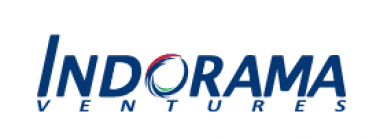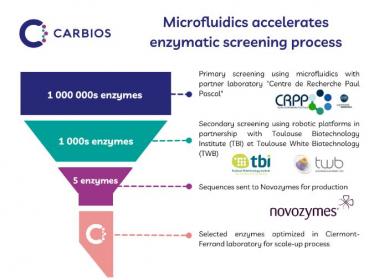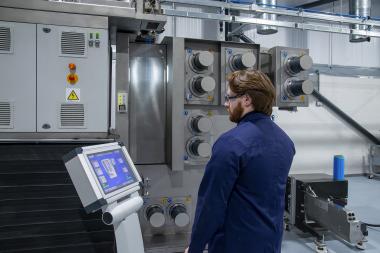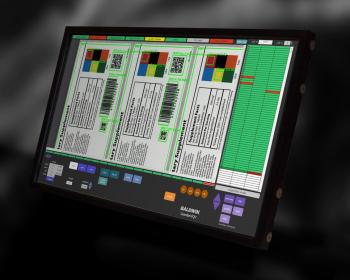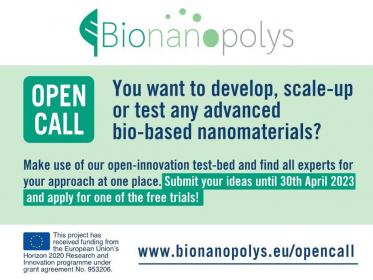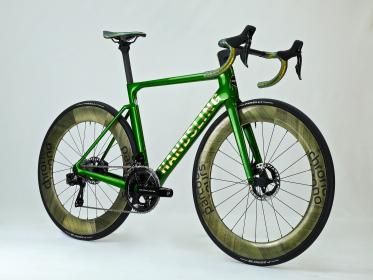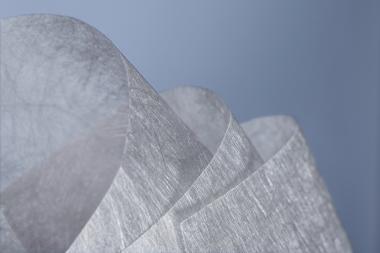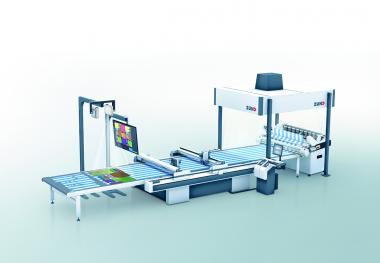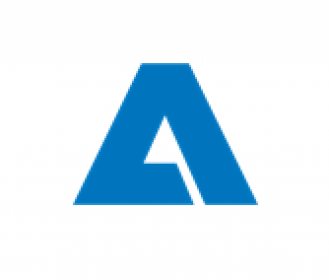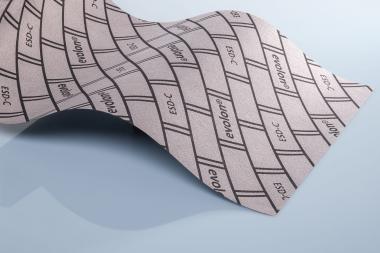Freudenberg Performance Materials Apparel: Winners of "Fashioning Sustainability"
A total of 20 European fashion and design schools took part in the 2nd “Fashioning Sustainability” competition organized by Freudenberg Performance Materials together with Macpi and Bemberg™ by Asahi Kasei, two co-branding partners in the textile industry.
Freudenberg invited talented young designers to create and submit their ideas for sustainable clothing. The initiative aims to show that sustainability is a key factor in the fashion industry.
Two of the most innovative outfits from each school were selected for the final round and presented to an international jury at the “Bagni Misteriosi” event location in Milan in May. Fashion design experts and opinion leaders as well as journalists were invited to select the most sustainable designs in the categories of “Technology” and “Design”.
The winners
First place in the “Technology” category went to Judith Marquant while the second to Jagoda Sokolowska, both students of the fashion school Esmod in Paris. Ilaria De Martino, from the fashion institute Modartech, Italy, and Xiaodan Liao from Polimoda, Italy, were awarded first and second place in the “Design” category. The first-place winners received €2,000, while the second places won €1,000.
All participants benefited from the platform to network with leading players in the garment industry and learn more about concrete steps for embracing sustainability. Creating true sustainability in the fashion industry means reducing the material flow of clothing, addressing both sustainable production and consumption.
Members of the Jury:
Cristiano Zanetti, Sales Director Italy, Freudenberg Performance Materials
Maurizio Cazzin, Male Modeller, Maison Giorgio Armani
Riccardo Bullio, Apparel Industrial Division Director, Dolce & Gabbana
Caterina Cuoghi, Industrial Director, Area NYC
Simone Bigi, Style and Product Office Manager FAY line, Gruppo TOD’S
Roberto Cibin, Model and Pattern Development Manager, Caruso
Bruno Landi, Sales Director, Vitale Barberis Canonico
Luisella Allegretti, Pattern Designer Boss MW Business Specialist, Hugo Boss
Eugenio Balordi, Product Manager, Maison Margiela
Ettore Pellegrini, Sales and Marketing Manager, Asahi Kasei Fibers Italia
Freudenberg Freudenberg Performance Materials designers young designers’ award Awards
Freudenberg Performance Materials Holding GmbH






